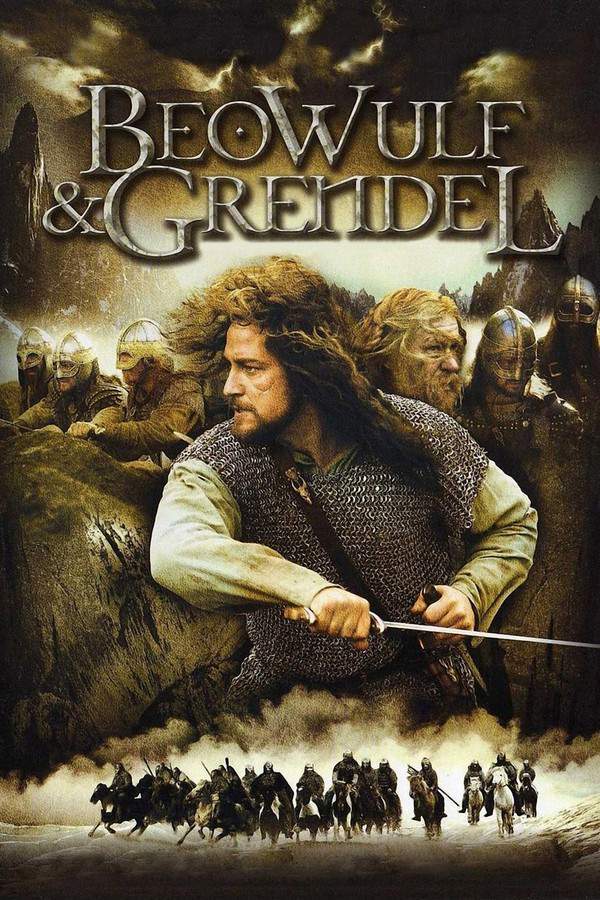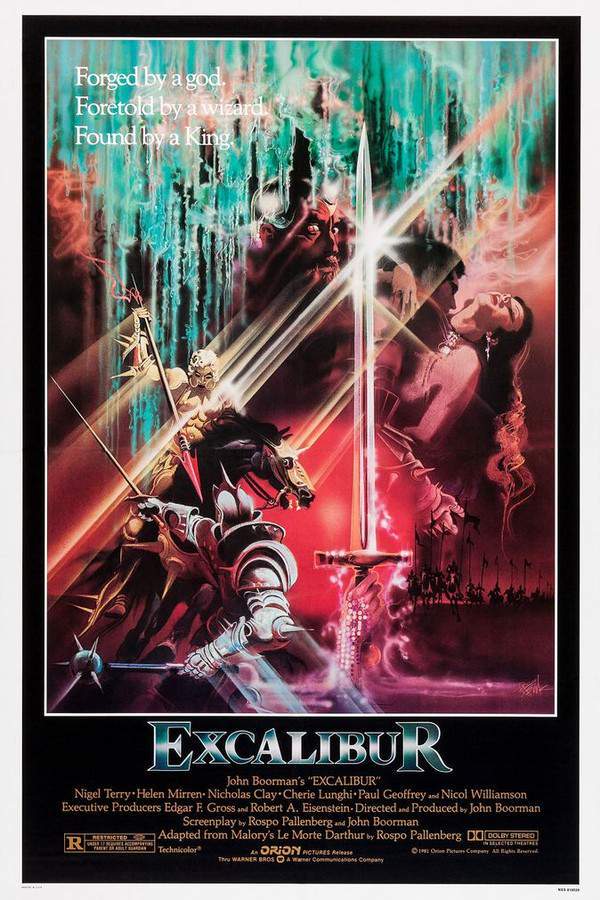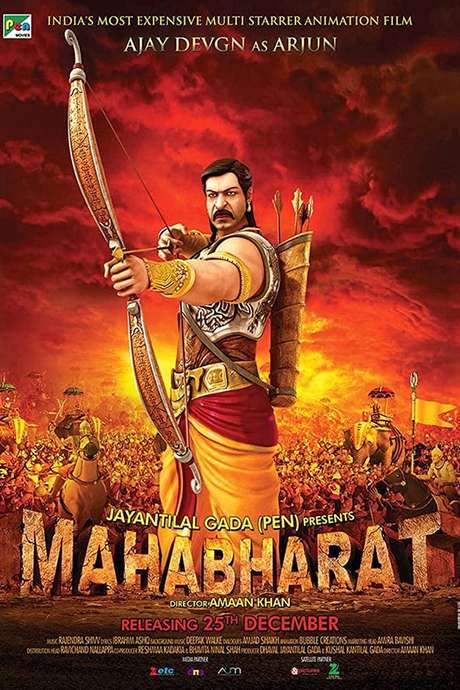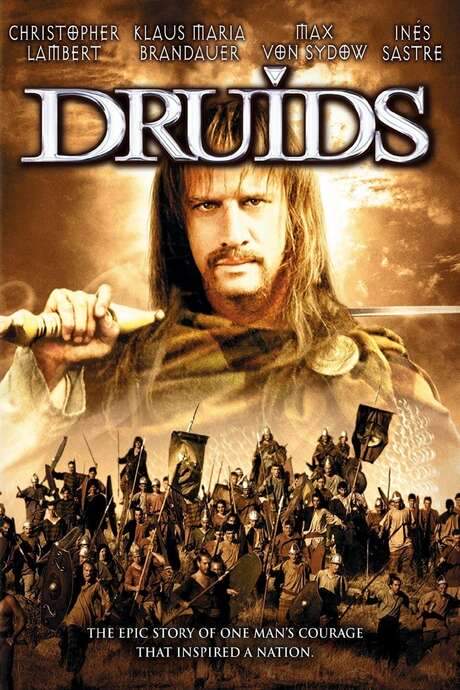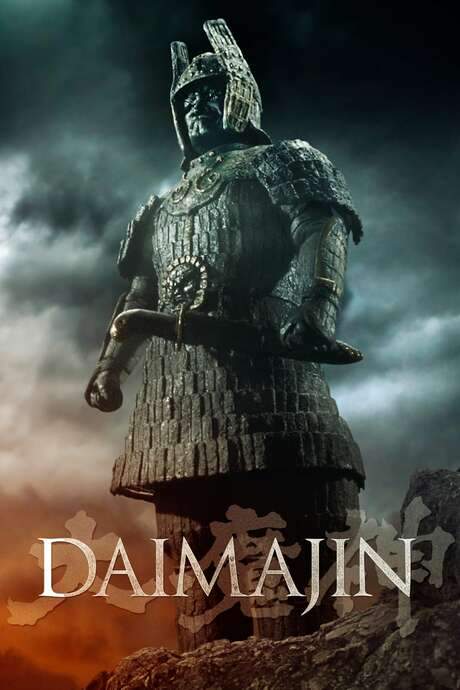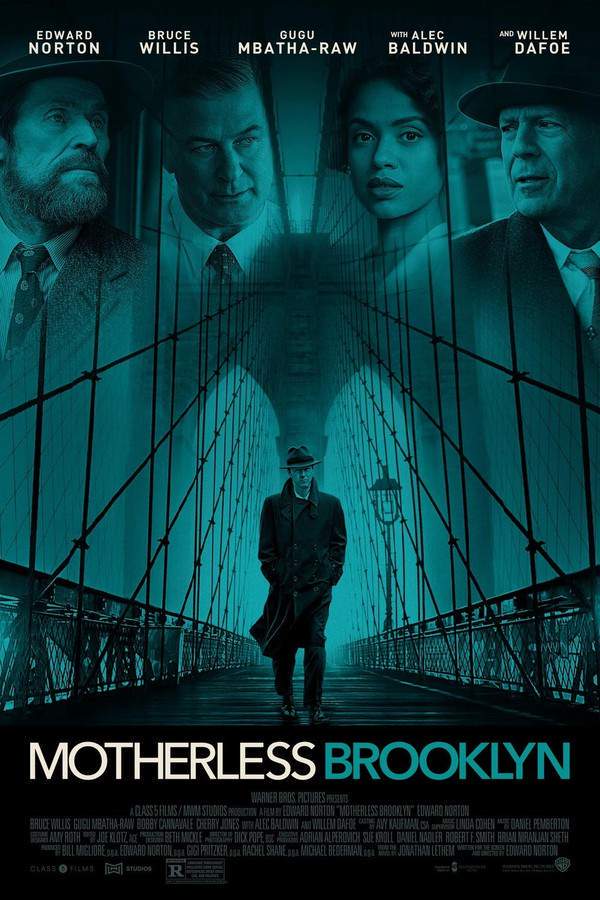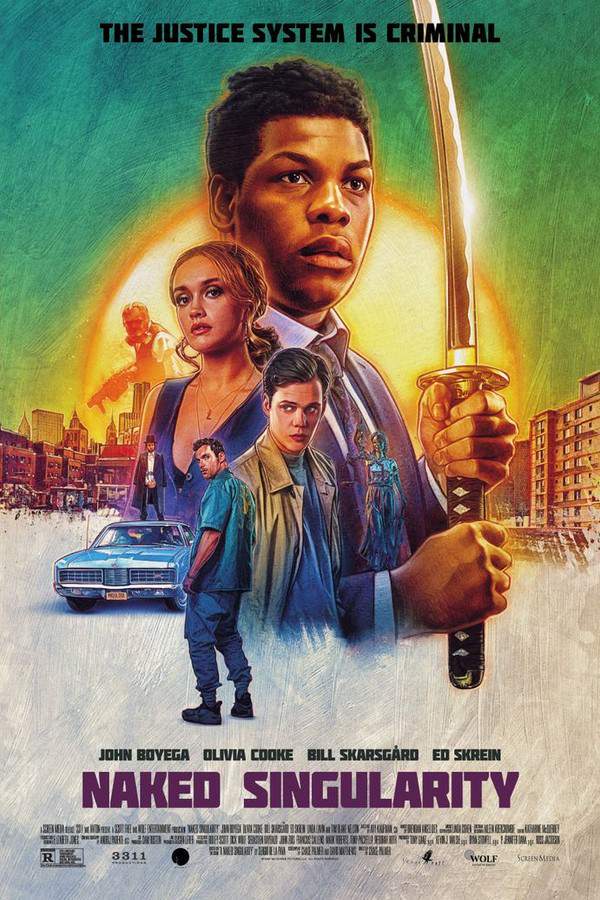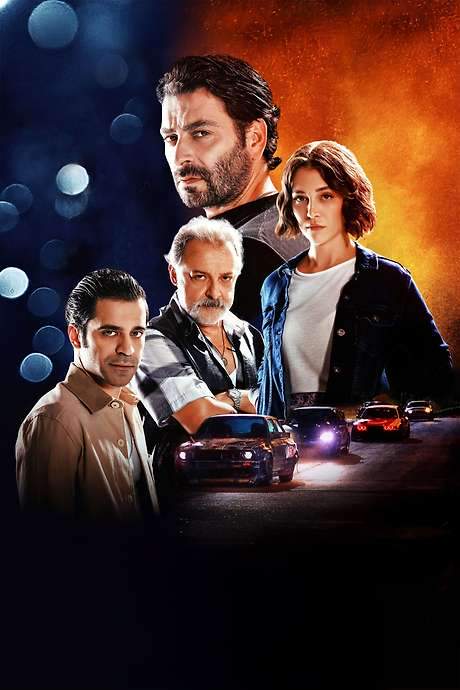
The Bacchantes
Year: 1961
Runtime: 102 mins
Language: Italian
Director: Giorgio Ferroni
Dionysus arrives in Thebes seeking worship from its people, but the city is crippled by a severe drought. King Pentheus, desperate to end the famine, plans to sacrifice a virgin to Demeter, believing the offering will restore the land. The god hopes his presence will bring revelry and rain, while the monarch's ritual reflects the ancient clash of divine wills.
Warning: spoilers below!
Haven’t seen The Bacchantes yet? This summary contains major spoilers. Bookmark the page, watch the movie, and come back for the full breakdown. If you're ready, scroll on and relive the story!
The Bacchantes (1961) – Full Plot Summary & Ending Explained
Read the complete plot breakdown of The Bacchantes (1961), including all key story events, major twists, and the ending explained in detail. Discover what really happened—and what it all means.
Thebes, birthplace of Dionysus, Pierre Brice in the role, born of Zeus and Semele, endures a brutal drought that fuels public discontent and religious tension. Tiresias, [Akim Tamiroff], the famed seer, lays the blame on the god’s anger and on Pentheus for doubting the divine, arguing that the king’s reluctance to honor Dionysus only deepens the crisis.
Manto, [Alessandra Panaro], daughter of Tiresias, offers water to a enigmatic stranger who replies with wine sacred to Dionysus, and she later shares with her friend Dirce, [Taina Elg], a pair of futures doomed by prophecy: Manto is destined to become a virgin sacred to Demeter, while Dirce, promised to Pentheus, longs for a life away from the court.
An omen, conveyed by a priest, channels the old stories through Agave, Semele’s sister and Pentheus’s mother. She reveals an ancient prophecy: Lacdanos, the son of Ino—Agave’s elder sister who had him kidnapped and raised as a servant to secure the throne for Pentheus—will wed a virgin sacred to Demeter, and their son will someday rule Thebes. The revelation unsettles every plan, as Lacdanos is cast as both threat and instrument of change. Raf Mattioli embodies Lacdanos, the figure at the center of the prophecy, whose true lineage challenges the royal order.
To forestall fate and calm the land, Pentheus [Alberto Lupo] orders the sacrifice of Manto to Demeter, hoping for a harvest to vindicate his rule and appease the people. Dirce pleads for mercy, but her appeal only confirms the pull of passion and fate that binds the world to the god’s coming presence. At Tiresias’s urging, Dirce drinks the sacred wine to Dionysus the night before the sacrifice and, with other women, makes her way to Mount Cithaeron, where she encounters the stranger who first gifted Manto the wine.
The next day, the stranger—Dionysus—stirs the crowd against Pentheus, and a miraculous lightning bolt freezes the hand of the priest who would have killed Manto. The youth of Thebes gather on Cithaeron to celebrate bacchanalia and to witness the union between Manto and Lacdanos, while the stranger’s true identity slowly unfolds. It becomes clear that Lacdanos is the cousin of Pentheus and the legitimate king, meaning he can marry Manto even though she has been consecrated to Demeter.
Pentheus moves to quell the rebellion, sending soldiers to the foothills of Cithaeron, where many rebels are captured. Yet the Stranger escapes and later returns to the palace, only to be imprisoned at the cliffs of Cithaeron. To soothe the unrest, he frees all prisoners except Manto and Lacdanos, deepening the sense that the old order is breaking apart. Dirce visits the chained figure, who reveals his divine identity and his impending departure from the mortal realm.
Meanwhile, Tiresias reveals to Polycrates (the leader of the tribe once beholden to Athamas) that Lacdanos is the true king of Thebes. The freed forces—led by Polycrates’s soldiers—join the Bacchae, clashing with Pentheus’s army in a fierce, fateful struggle. In the end, Lacdanos defeats Pentheus in a duel and ascends as the new king of Thebes, while Dionysus ascends to godhood and Dirce is poised to lead the Bacchae into a new era of power and ritual influence. The tale closes on a rebuilt, if uneasy, Thebes, where divine and mortal wills intertwine and prophecy gives way to a volatile, yet transformative, future.
Last Updated: October 09, 2025 at 12:38
Explore Movie Threads
Discover curated groups of movies connected by mood, themes, and story style. Browse collections built around emotion, atmosphere, and narrative focus to easily find films that match what you feel like watching right now.
Epic Mythological Dramas like The Bacchantes
Stories where gods and mortals collide, testing faith and sovereignty.If you enjoyed the ancient world conflict of The Bacchantes, explore more movies like it that delve into mythology. These similar stories feature gods meddling in mortal realms, intense religious conflict, and the high-stakes drama of fate versus free will, capturing a grand and tense atmosphere.
Narrative Summary
Stories in this thread typically follow a structured confrontation between a human ruler or society and a powerful deity or supernatural force. The narrative builds methodically towards an inevitable and transformative climax, where mortal plans are undone by divine schemes, often leading to a reordering of power that is transformative but not entirely peaceful.
Why These Movies?
Movies are grouped here for their shared foundation in mythological storytelling, their exploration of the tension between human ambition and divine law, and their consistently dark, epic tone. They create a coherent viewing experience for those interested in powerful, mythologically-grounded conflicts.
Bittersweet Power Struggles like in The Bacchantes
Narratives where desperate power plays lead to morally complex outcomes.For viewers who liked the tense, fatalistic struggle in The Bacchantes, this section finds movies with a similar vibe. These films feature leaders in crisis, high-stakes political or ideological battles, and conclusions that are transformative yet bittersweet, offering a complex and thoughtful viewing experience.
Narrative Summary
The narrative pattern involves a protagonist, often a leader, making increasingly desperate choices to maintain order or achieve a goal in the face of an insurmountable opposition. The pacing is steady, methodically increasing tension until a climactic confrontation. The resolution typically sees the old order fall, but the new reality is fraught with its own uncertainties, creating a poignant, bittersweet feeling.
Why These Movies?
These movies share a specific emotional mix: a steady build of tense, passionate conflict leading to a resolution that is transformative yet emotionally complex. They are united by a dark tone, medium intensity, and a particularly bittersweet ending feel that leaves a lasting impression.
Unlock the Full Story of The Bacchantes
Don't stop at just watching — explore The Bacchantes in full detail. From the complete plot summary and scene-by-scene timeline to character breakdowns, thematic analysis, and a deep dive into the ending — every page helps you truly understand what The Bacchantes is all about. Plus, discover what's next after the movie.
The Bacchantes Timeline
Track the full timeline of The Bacchantes with every major event arranged chronologically. Perfect for decoding non-linear storytelling, flashbacks, or parallel narratives with a clear scene-by-scene breakdown.

Characters, Settings & Themes in The Bacchantes
Discover the characters, locations, and core themes that shape The Bacchantes. Get insights into symbolic elements, setting significance, and deeper narrative meaning — ideal for thematic analysis and movie breakdowns.

The Bacchantes Spoiler-Free Summary
Get a quick, spoiler-free overview of The Bacchantes that covers the main plot points and key details without revealing any major twists or spoilers. Perfect for those who want to know what to expect before diving in.

More About The Bacchantes
Visit What's After the Movie to explore more about The Bacchantes: box office results, cast and crew info, production details, post-credit scenes, and external links — all in one place for movie fans and researchers.



